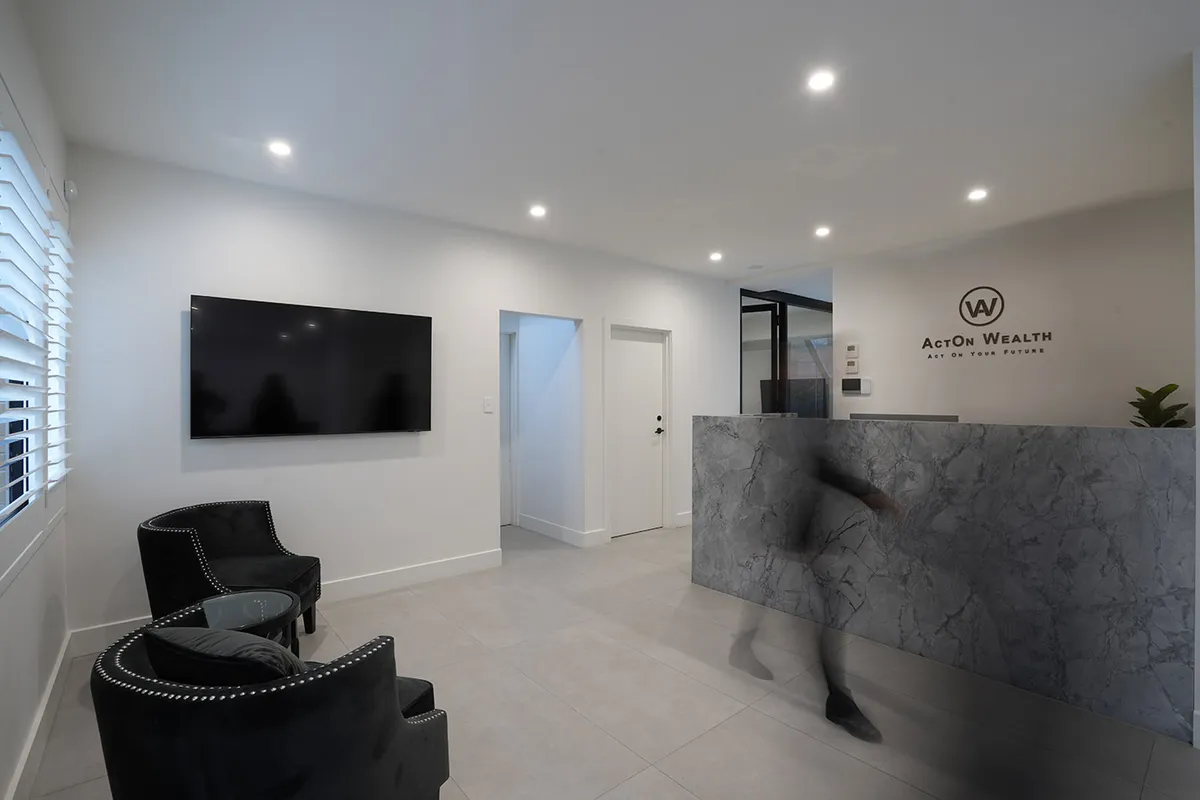Understanding Investment Property Loans
If you’re considering stepping into the world of property investment, it’s essential to understand how investment property loans work. These loans are specifically designed for those looking to buy real estate to generate rental income or capital growth. Unlike standard home loans, investment property loans have different eligibility criteria, interest rates, and repayment structures.
Key Features of Investment Property Loans
-
Higher Interest Rates: Investment loans often come with slightly higher interest rates than loans for owner-occupiers. This is due to the increased risk lenders associate with investment properties.
-
Larger Deposit Requirements: Many lenders may ask for a bigger deposit for investment properties. The amount can depend on your financial profile.
-
Loan to Value Ratio (LVR): Most lenders will allow an LVR of up to 80% for investment properties. If you borrow more than this, you may need to pay Lenders Mortgage Insurance (LMI).
-
Interest Only vs Principal and Interest Repayments: Some investors opt for interest-only repayments to maximise their tax benefits, while others prefer principal and interest repayments to build equity more quickly.
How to Qualify for an Investment Loan
When applying for an investment property loan, lenders will assess several factors:
-
Income and Rental Returns: Your salary and the projected rental income from the property will influence your borrowing capacity.
-
Credit History: A strong credit score can significantly improve your chances of loan approval.
-
Existing Liabilities: Lenders will look at your current financial obligations, such as existing mortgages and credit card debts.
-
Property Type and Location: Properties in high-demand areas with strong rental yields are more likely to be approved.
-
Deposit and Equity Position: A larger deposit or existing equity can lead to better loan terms.
Using Home Equity for Investment
One effective strategy is to leverage your existing home equity to purchase an investment property. For example, if your current home is valued at $400,000 and you owe $250,000, you have $150,000 in equity. Many lenders allow you to borrow up to 80% of your equity, meaning you could access $120,000 to invest in another property.
Tax Benefits of Investment Property Loans
Investment property loans can offer various tax benefits:
-
Negative Gearing: If your rental income is less than your loan costs, you can claim the shortfall as a tax deduction.
-
Depreciation Deductions: You can also claim deductions for wear and tear on the property and its fixtures.
-
Interest Deductions: The interest payments on your investment property loan are typically tax-deductible.
Risks to Consider
While investment property loans can be a fantastic way to build wealth, there are risks involved:
-
Market Fluctuations: Property values and rental demand can change, affecting your investments profitability.
-
Vacancy Periods: Unexpected gaps in rental income can impact your cash flow.
-
Higher Loan Costs: Investment loans may come with stricter lending requirements and additional fees.
-
Regulatory Changes: Government policies, such as tax reforms or changes in rental laws, may affect your investments profitability.
Is an Investment Property Loan Right for You?
Investment property loans can be an effective strategy for wealth creation, but they require careful financial planning. It’s essential to understand your investment goals and how these loans fit into your broader financial strategy.
At ActOn Wealth, we offer a unique approach by combining mortgage broking with financial planning. Our specialists will help you find the best loan deals while ensuring they align with your long-term wealth-building plans.
If you’re ready to explore your investment property loan options and maximise your returns, get in touch with ActOn Wealth today. We’re here to guide you through every step of the process, making your journey into property investment as smooth as possible.












